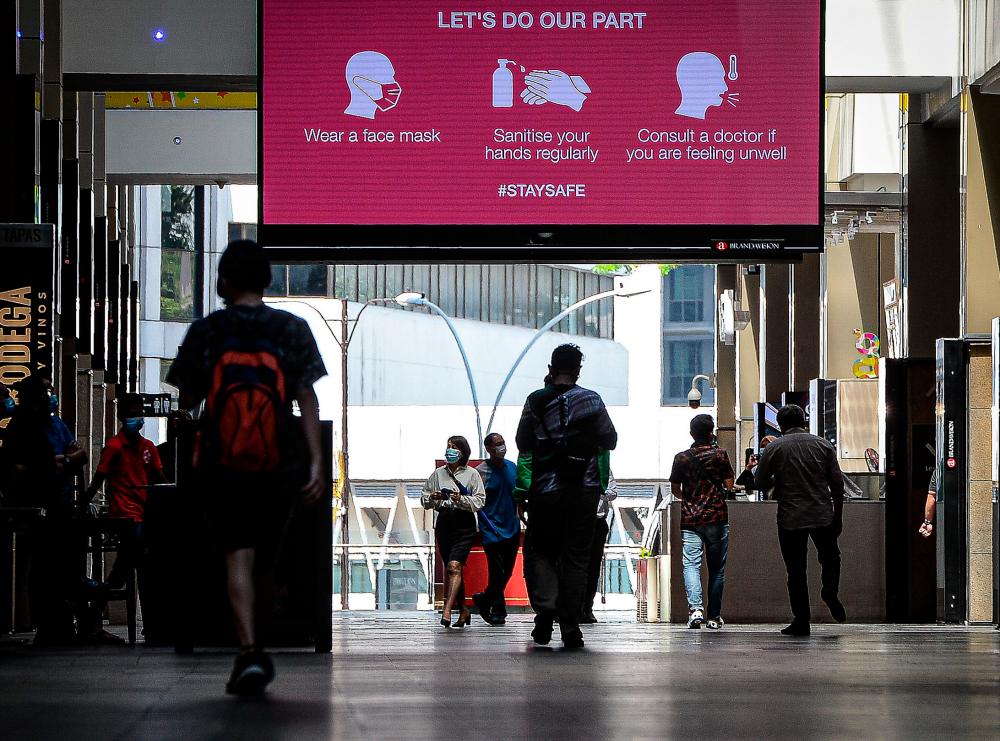PETALING JAYA: Cost and convenience determine the shopping habits of consumers, and together they dictate the survivability of the gig economy.
With more restrictions on movements lifted, there will be a shift away from online shopping as consumers start to visit their convenience stores and shopping malls again.
However, the extend of the shift remains debatable.
Sunway University Business School professor of economics Dr Yeah Kim Leng said shipping cost that consumers have to pay when they shop online would dampen the desire to make purchases on the internet.
That, he told theSun, would have a negative impact on the gig economy.
On the other hand, Universiti Utara Malaysia professor of economics Dr K. Kuperan Viswanathan said the convenience of online shopping would keep the sector alive.
“There will be a dip initially, but people will return to online shopping because it is a more expedient option for many,” he said.
He told theSun that the delivery service that has served as a lifeline for thousands of Malaysians who have lost their jobs in the economic fallout of the Covid-19 pandemic will maintain its advantage in the race to offer convenience to shoppers.
“The service has made shopping that much easier. Even after the standard operating procedures have been lifted, it will continue to serve shoppers well,” he said.
The service is a major component of the gig economy.
Viswanathan pointed out that people are not likely to rush out to do their shopping even after restrictions are lifted because the fear of getting infected will continue to prevail.
“Eventually, online and brick-and-mortar shopping will find their own plateau,” he said.
He believes that the gig economy “is here to stay”. “As we have seen, people were already shopping online before the Covid-19 pandemic hit us.”
A more pertinent question, Viswanathan said, is the income level of those in the gig economy.
“This depends very much on how demand is created for certain goods and services, a determinant that applies to all sectors of the economy,” he added.
Yeah agreed that the gig economy will continue to grow, but the long-term prospects for some of those involved are almost non-existent.
“For a start, it is difficult to earn enough to meet the cost of living, making it unsuitable as a long-term employment,” he said.
For many, he pointed out, the gig economy only serves as a second income. “For instance, some of those who are now in the food or parcel delivery service are likely to keep going even after they get a permanent job,” he said.
Yeah said online shopping and the delivery service played an important role in keeping the economy alive during the Covid-19 pandemic.
“But as economic activities start up again, the cost of shipping for online shopping will feature significantly for shoppers,” he said.
He pointed out that if several items were purchased from different suppliers, the shipping cost would add up, making it a less attractive option.
Furthermore, people will want to feel the experience when purchasing big-ticket items and this is possible only at the physical store, he said.
Another factor that will have an impact on the long-term survival of the gig economy is the shift from remote to on-site work, and the extent of the hybrid of both.
He said that with the lifting of restrictions, more people would return to the office, bringing back the lunch crowd at eateries, and thereby reducing online orders for meals.










